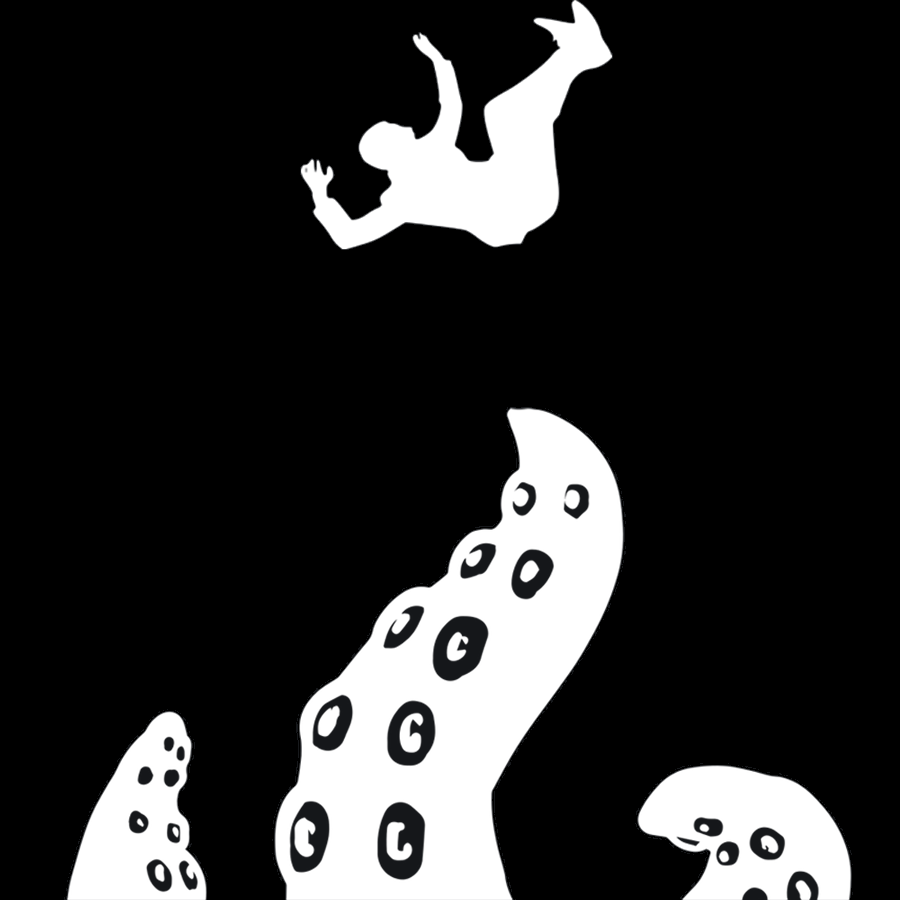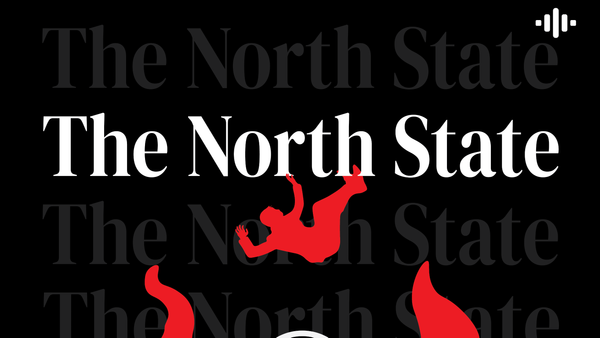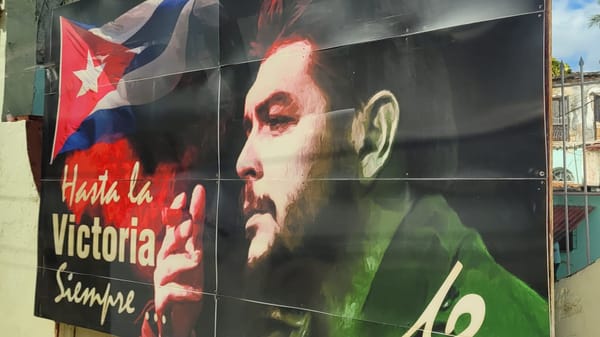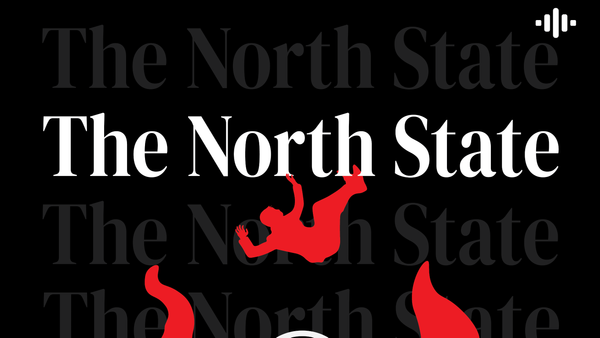Reporting on Carney's Israel Comments Devoid of Context
Carney's latest statement almost sounds promising... if you don't know the story
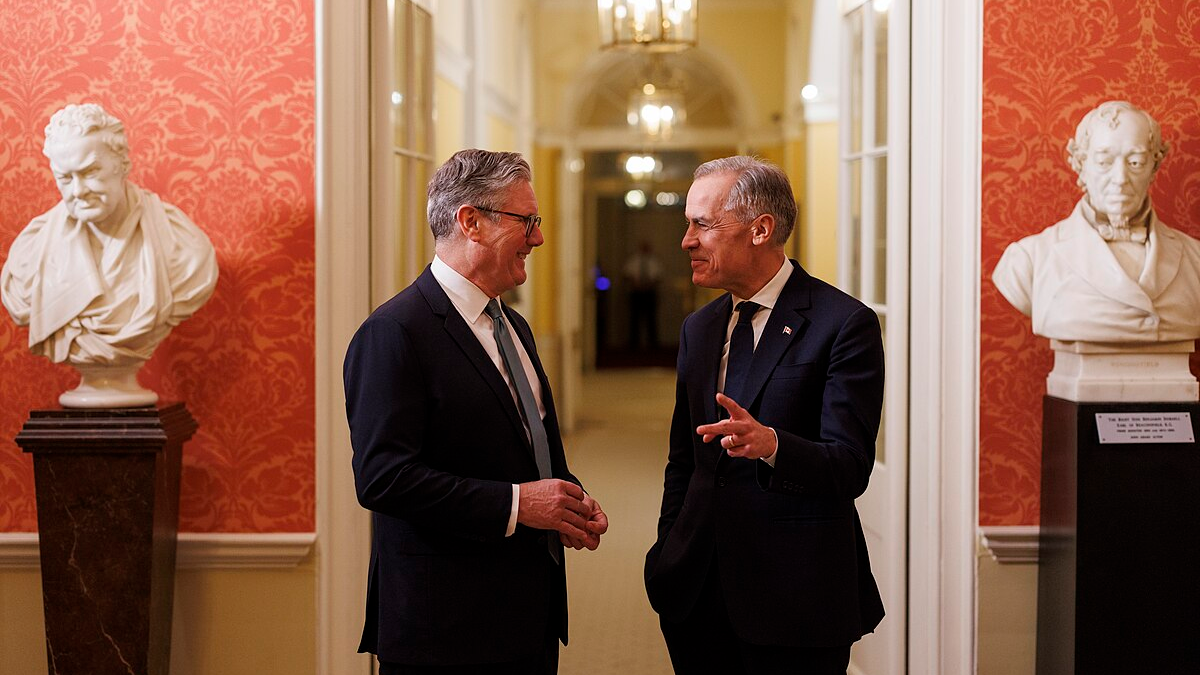
Late Thursday night on X (the everything app), Prime Minister Mark Carney decided that some strong words were needed to condemn Israel's blockade of food placed on Gaza. UNRWA says that 6,000 trucks are ready to deliver much-needed food to a population that's intentionally being starved. Frontline staff at UNRWA are fainting from hunger. Israeli politicians like Itamar Ben-gvir are both denying the famine and saying it's good if it did happen.
"Canada condemns the Israeli government’s failure to prevent the rapidly deteriorating humanitarian disaster in Gaza," Carney wrote, ascribing Israel's actions to lack of trying. He called for a release of the hostages, despite the fact that Israeli Prime Minister Benjamin Netanyahu has refused ceasefire negotiations that would return them all. Carney also repeated calls for a two-state solution, despite the fact that Israel rejects that proposition at any turn. Not only that, but Canada has refused to recognize a Palestinian state at the UN, and the Liberals watered down a federal vote that would have recognized Palestinian statehood.
Besides this, while Canada's words may occasionally be forceful, its actions firmly support Israel at every turn. Besides torpedoing any attempt at recognizing a Palestinian state, Canada has also authorized military exports to Israel totalling $37.2 million. While this was approved under Justin Trudeau, Global Affairs Canada under Carney has not clarified whether these exports will be used outside of Gaza. Further, as Alex Cosh notes, "It is unclear how GAC could know whether or not any goods being shipped to the Israeli military or an Israeli arms company might end up being used in one conflict but not another."
Carney's statement comes shortly after an official statement by Global Affairs Canada that, while strongly worded, refuses to commit to any action. "We are prepared to take further action to support an immediate ceasefire and a political pathway to security and peace for Israelis, Palestinians and the entire region," it reads. What this action would mean remains unclear, as Canada released a similar statement in May.
In short, Carney's post does nothing but craft an image that the Canadian government is concerned about Palestinian lives. Their actions have shown they aren't.
So when you read news reports about his statement, you'd expect that all this context would be supplied by the reporters. Unsurprisingly, that hasn't been the case. Articles on Carney's statement largely omit most of what has been discussed.
A POLITICO article by Elena Giordano importantly mentions the mechanism that Israel delivers aid through. Giordano writes that the US-backed Gaza Humanitarian Foundation operates under Israeli purview, "However, distribution remains heavily restricted by Israeli security controls, with frequent delays, bottlenecks at border crossings and numerous instances of Palestinians being killed at aid points."
Immediately after this, Carney's comments are framed against French President Emmanuel Macron's announcement that France will recognize Palestine in September. Then, of course, the Hamas attacks on Oct. 7, 2023, are written, with no mention of how many Palestinians have been killed. Over 1,000 have been killed by Israel waiting to get food since May alone.
CBC News also contrasts Carney's statement with Macron's, despite Macron's announcement constituting a formal policy move and Carney's being, I cannot stress this enough, a social media post with no concrete promises. Holly Cabrera mentions the most recent statement released by Global Affairs Canada, but not the one from May. It also pulls a quote that "over 800 Palestinians have been killed while seeking aid." Killed by whom? The article doesn't say.
Meanwhile, in CTV News, Carney's post is covered slightly better. Hunter Crowther notes that the UN human rights office reported "more than 1,000 Palestinians have been killed by Israeli forces while trying to get food in the Gaza Strip." He also notes that "more than 100 charity and human rights groups said Israel's blockade and military offensive on the region is pushing Palestinians towards starvation." Credit where credit is due, this is directly ascribing the killings and starvation to Israel.
Even still, Carney's comments on a two-state solution and a call for a ceasefire and a release of the hostages do not come with the context provided earlier in this piece. Further, the CTV News article contains comments from the CEO for the Centre of Israel and Jewish Affairs, Noah Shack. "It’s obvious that Hamas does not want an agreement. It wants to survive and retain power at any cost," he said. This is despite the fact that Netanyahu has explicitly rejected a ceasefire deal to release hostages.
The Toronto Star article by Alex Ballingall notes the death toll of Oct. 7, followed by writing that more than "59,000 Palestinians have been killed in Gaza during the war." It also notes that the UN human rights office "alleged" that Israel killed over 1,000 Palestinians waiting for food. This is after comparing Carney's statement to Macron's and focusing on Israel's response.
Global News did not cover Carney's post, or the statement by Global Affairs Canada.
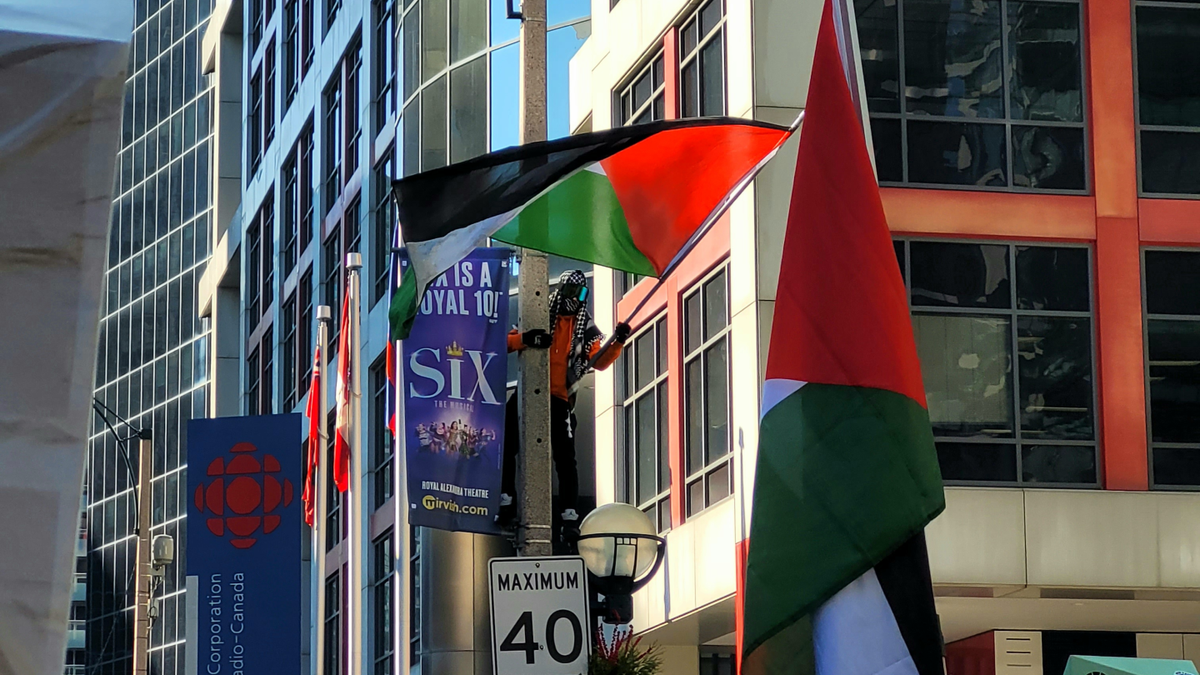
There are innumerable reasons as to why the context was omitted in these stories. Yes, it could be an intentional act of obfuscation by either the journalists or their editors. Yes, it could be that this was a story that could easily be published while other bigger projects took more time. Yes, it could be ideological blinders. Regardless of the intention, it's less important than the result. News, especially in foreign affairs, is not systemically designed to provide the full context in scenarios like this.
When the average person reads one of these articles, they are not learning that Carney has continued to allow millions in arms sales to Israel. Absent are recent moves by the federal government to refuse recognition of Palestinian statehood, while still claiming to push for a two-state solution. Instead, we're given the information with Carney's words as accepted reality, that Canada truly wants a two-state solution. Yes, it's true Israel is violating international law. But it's not even the first time Canada's stated this. Canada has recognized that Israeli settlements in the West Bank and Golan Heights are illegal. There has been no action taken.
If nothing else, the trends in reporting on Carney's statement remind us that a large part of news media's function in perpetuating the system is to rely on omission and obfuscation, rather than direct distortion of facts.
